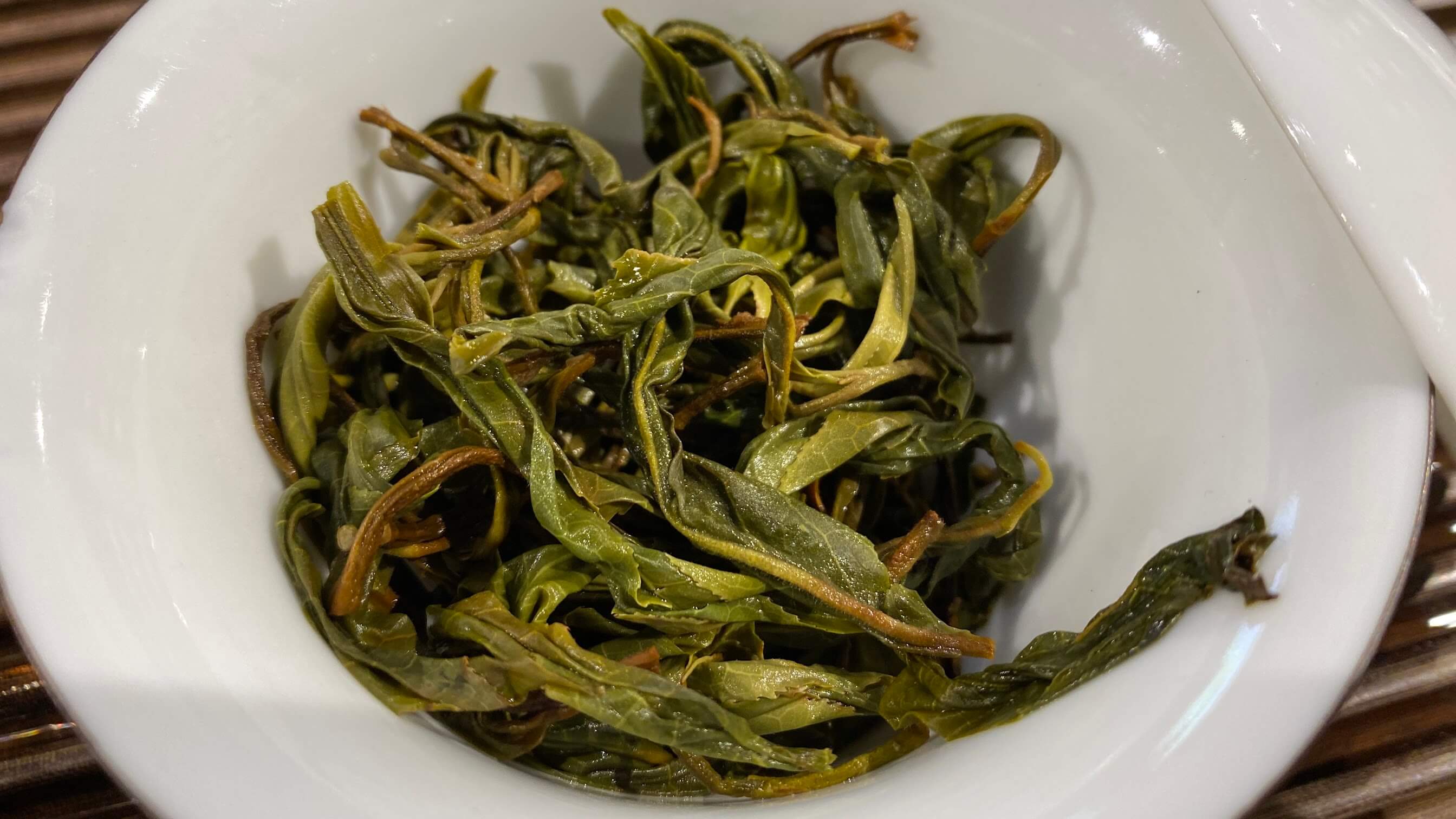Puerh - soup feel
When tasting Puerh tea, the most intuitive sensations are the flavors of the tea liquor—such as bitterness, astringency, and sweetness—followed perhaps by returning sweetness and salivation, or the lingering aroma of the tea.
These are relatively direct feelings. However, the "soup feel" is often overlooked because it is so subtle. In Puerh tea appreciation, people frequently discuss【soup feel】. Let's chat with fellow tea enthusiasts about what soup feel is and how to perceive it.
What is "soup feel"?
The simplest and clearest way to put it: It's the tactile sensation the tea liquor imparts to the mouth—the texture of the tea liquor itself, a feeling brought about by the liquor. Generally speaking, soup feel encompasses: full-bodied, thick, smooth, moist, mellow, delicate, pure, and fresh and refreshing.

Flavor: This falls under the realm of taste. After the tea liquor enters the mouth, it typically lingers for a certain period. During this time, we fully engage our taste organs to sense the tea's aroma, sweetness, bitterness, astringency, and returning sweetness. However, each person's sensitivity to tea flavors varies, so perceptions of flavor can differ slightly.
Mouthfeel: This is the combined sensation of soup feel and flavor, with the two complementing each other. It refers to the full-bodied, substantial, and harmonious sensation the tea liquor brings upon entering the mouth. This arises because the tea leaves are rich in internal substances, allowing various flavors in the liquor to blend harmoniously and deliver a unified sensation to the palate. When the fullness of the tea liquor reaches a certain level, it transitions to the next stage: "thickness". Full-bodied → Thick → Heavy—these represent an ascending process of substance accumulation. Only by surpassing one threshold can you reach the next. When the soup feel achieves heaviness, you'll experience what people often call the 'tongue-pressing sensation.'Note that the fullness of the tea liquor is not the same as its concentration. Concentration refers to the intensity of the tea's flavor, which is generally related to factors like the amount of tea leaves, steeping time, and water temperature. Increasing the amount of tea, using higher water temperature, or extending the steeping time can make the liquor stronger, but this only boosts concentration without adding new flavors.
Common expressions: full-bodied, substantial, heavy, thick, etc. MoistThe tea liquor, upon entering the mouth and throat, brings a warm, jade-like moist comfort.
Common expressions: soft and moist, oily and moist, finely moist, lubricated, etc. SmoothThis refers to the tea liquor entering smoothly and silkily, delicate yet full-bodied, like threads of silk. It is a shared characteristic of Puerh ripe tea and raw teas that have aged for many years. For Puerh teas (both raw and ripe) stored under optimal conditions, the degree of smoothness will enhance with the length of aging.
Common expressions: smooth and fluid, thickly smooth, softly smooth, lubricated, glutinously smooth, etc. MellowConcentrated yet not harsh—this is mellowness. The tea liquor is full and rich, but warm and agreeable to the palate, achieving just the right balance. It appears more frequently in aged raw teas and ripe teas. The mellowness of soup feel is related to the sugar-based substances in the tea's internal components.Compared to other tea types, Puerh tea contains more water-soluble sugars and free proteins. Especially after long-term storage, the large-molecule polysaccharides and proteins that were originally difficult to dissolve in the liquor break down into easily soluble free polysaccharides, oligosaccharides, and the like—this is a key reason why aged teas become so mellow. During the fermentation process of ripe Puerh, microorganisms convert insoluble hemicellulose, cellulose, and starches into soluble sugars, making the ripe tea liquor even more mellow and smooth.
DelicateThe tea liquor imparts a sensation upon entering that is as soft and silky as fine silk.
Pure The mouthfeel is clean and transparent, especially in teas from superior ecological environments, where it's easier to perceive a 'transparent sensation.'
Fresh and Refreshing: Freshness and refreshment refer to the lively, vibrant, and pleasurable drinking experience the tea liquor brings upon entering—clear, spirited, and invigorating. This is generally more prominent in young raw Puerh teas. "Freshness and refreshment" primarily stem from substances like amino acids, catechins, flavanols, and soluble sugars. For example, top-grade Yiwu forest tea: When the liquor contacts the tongue, it feels as soft as cotton and as sweet and limpid as a spring. Yet it is far from a thin sensation—instead, it's a full-bodied gentleness enveloping rich internal substances, even carrying a honey-like glutinous thickness. Its pure soup feel comes with an inherent cooling purity, like the crisp delicacy of high-mountain snow melting. Another example, "Mint Pond": The tea liquor exhibits an exceptionally high degree of purity, with a sweet and crystalline clarity reminiscent of high-mountain snow melt.
Scraping Wind Village ancient tree spring tea liquor A tea that excels simultaneously in full-bodied, moist, smooth, delicate, and pure qualities is undoubtedly a rare gem. Of course, more often, a tea may shine particularly in just a few of these aspects, and that's still worth savoring.
The joy of drinking tea can be holistic or spotlighted in a single standout feature—but either way, it requires personal experience to truly appreciate.
